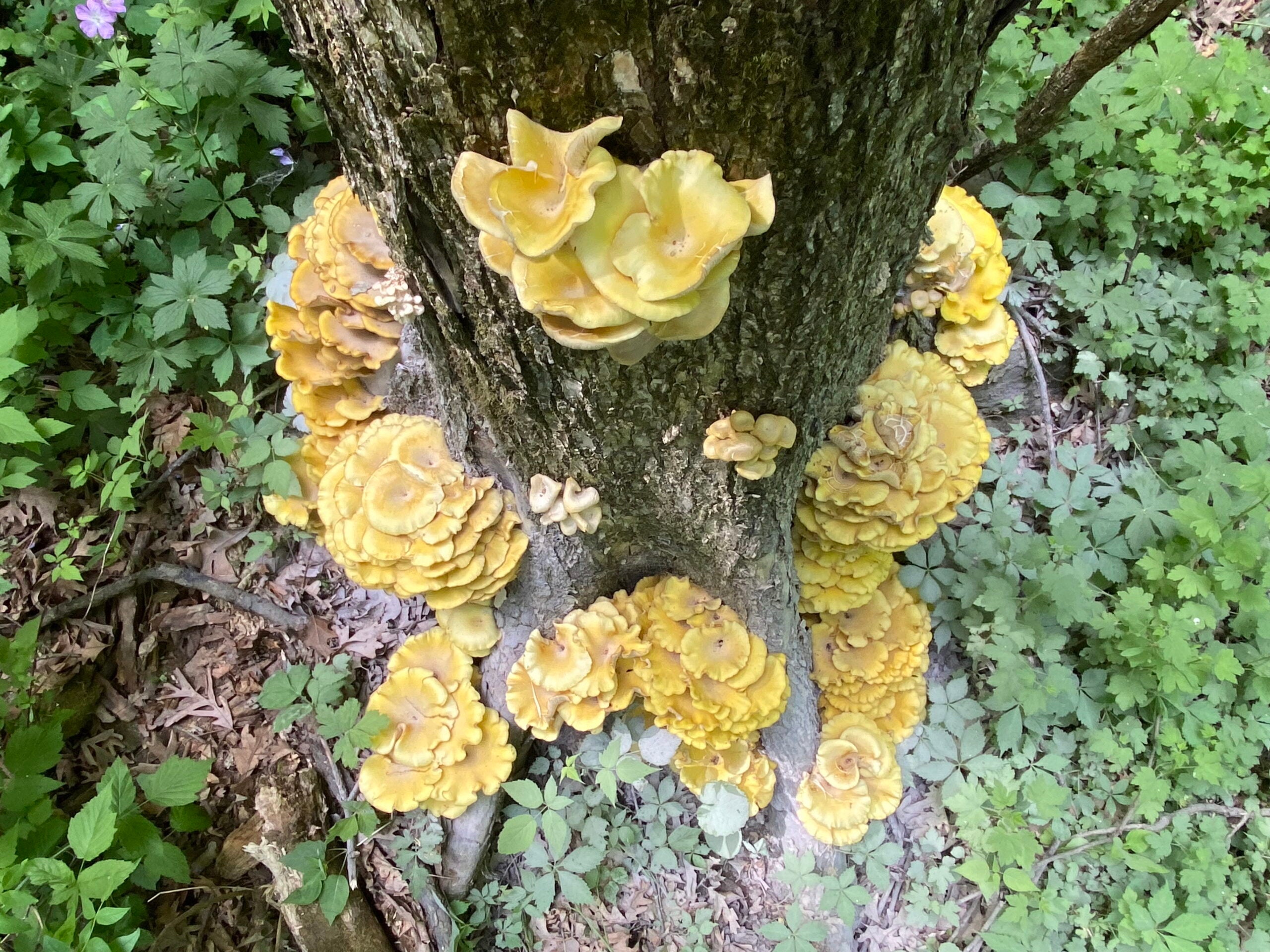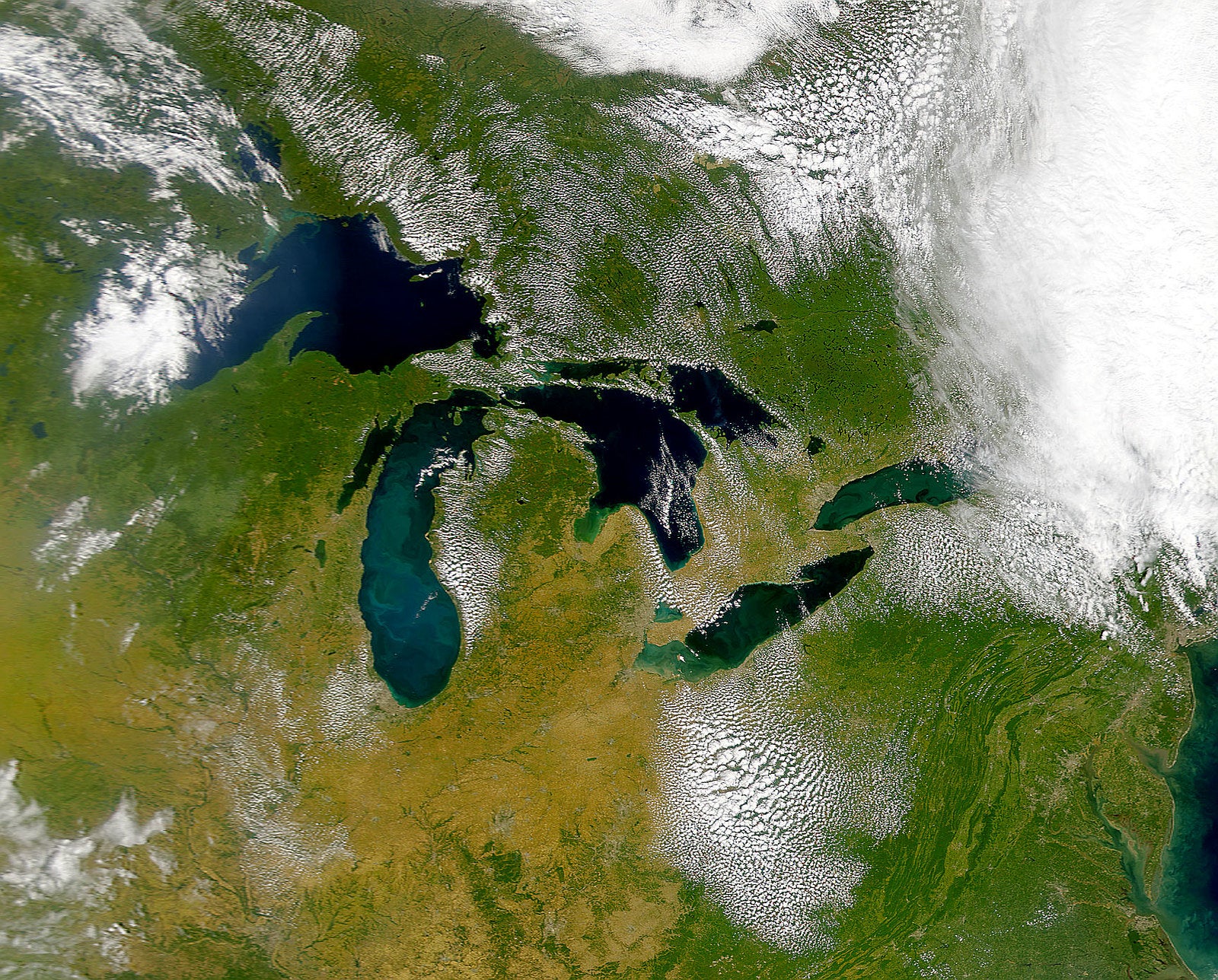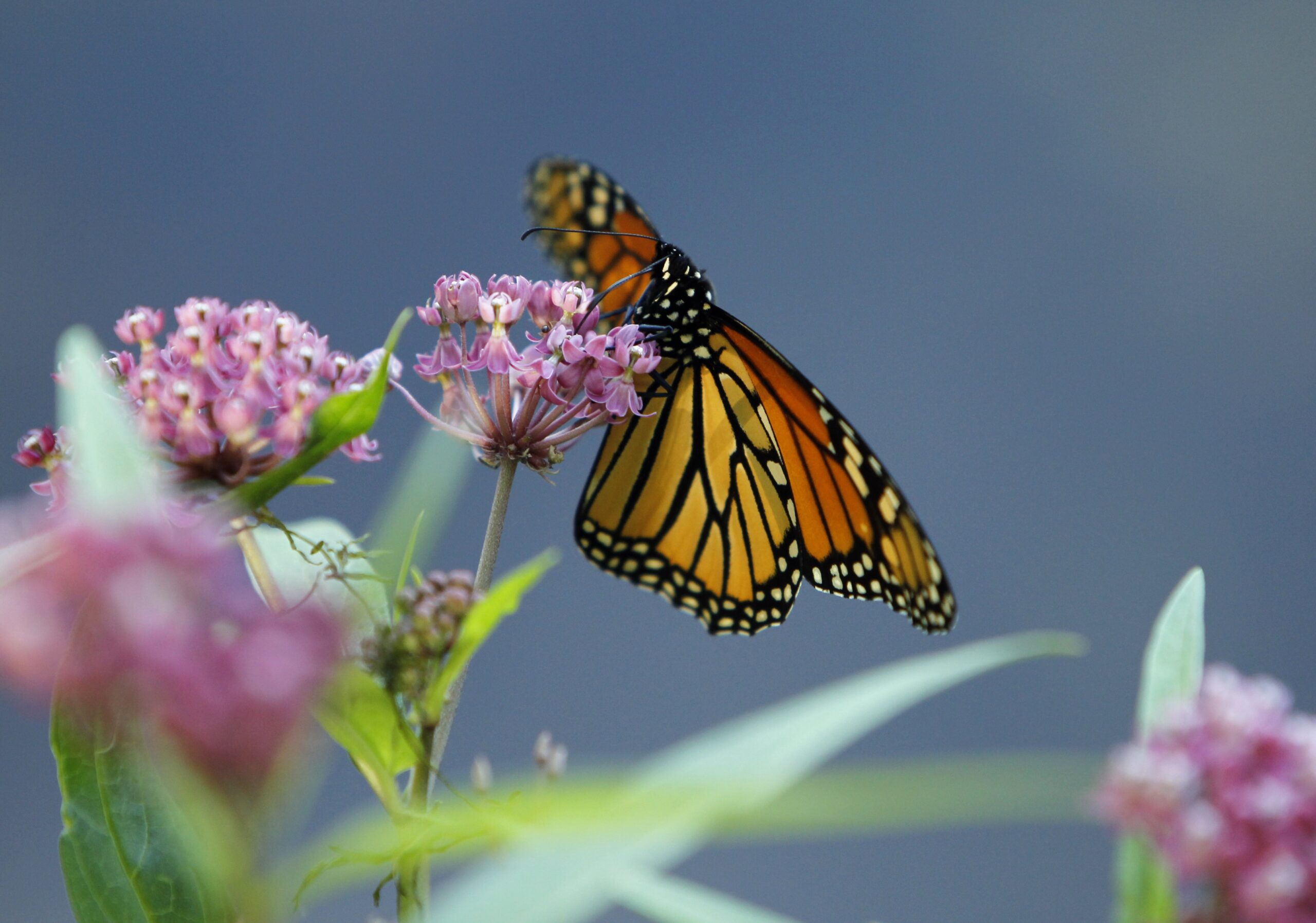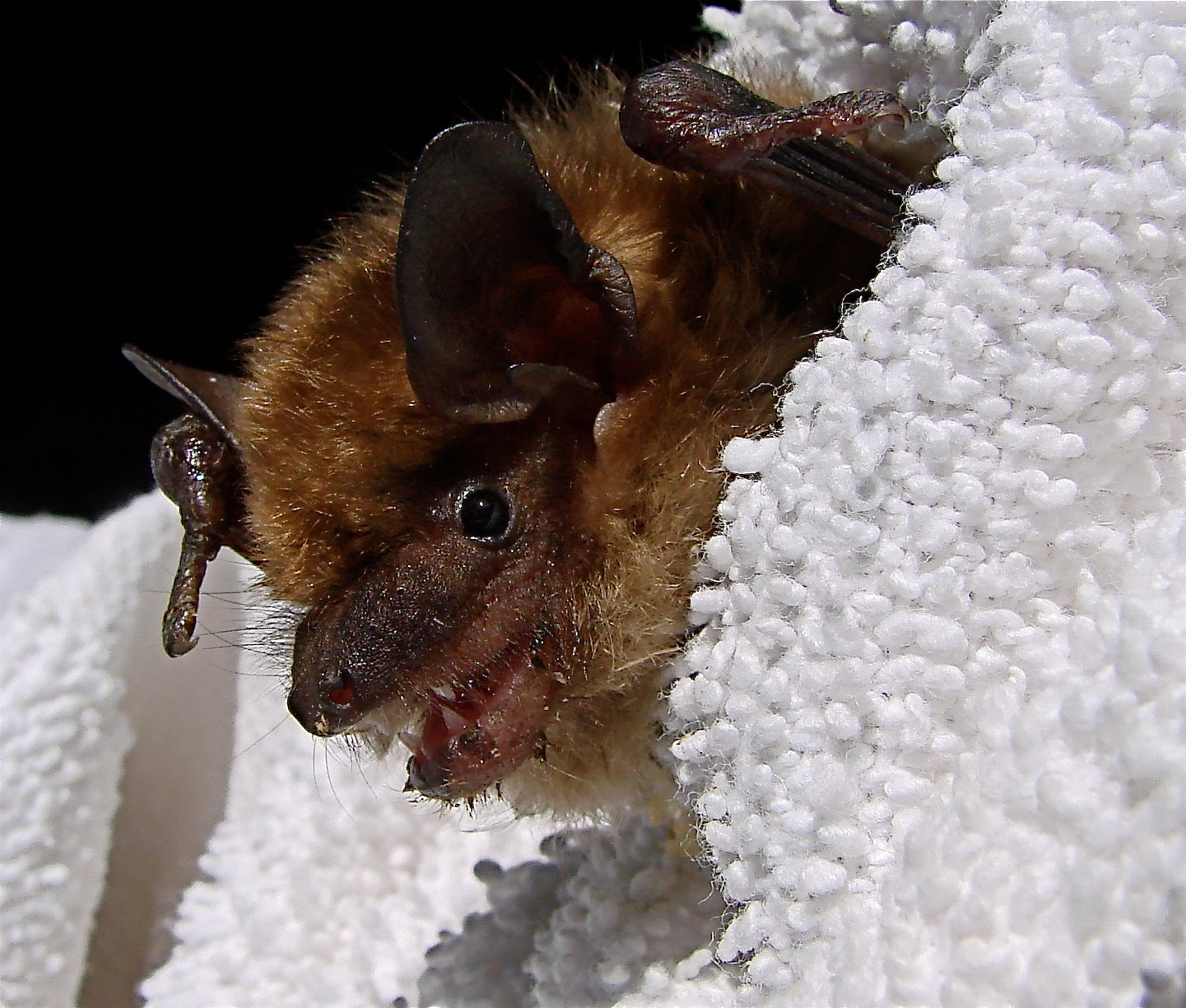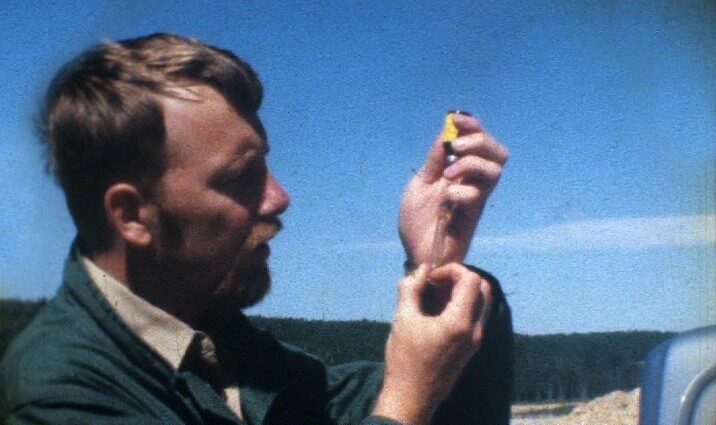A Wisconsin scientist is urging innovation when it comes to helping species adapt to climate change.
University of Wisconsin-Madison geography professor Jack Williams helped publish a study last year looking at how plant and animal species are relocating as global temperatures go up. He argues that scientists and environmental officials should be considering more hands-on and experimental methods like so-called assisted migration, as some species are not able to move on their own when their habitats change.
Assisted migration may become more frequent for small mammal species like the pika, he said.
News with a little more humanity
WPR’s “Wisconsin Today” newsletter keeps you connected to the state you love without feeling overwhelmed. No paywall. No agenda. No corporate filter.
“They’re not going to escape and go somewhere else if you make a mistake with transplanting a population. I think you have some species and places where you can be a little experimentalist in trying things out,” Williams said.
Williams also said that could mean planting some southern Wisconsin tree species in the northern part of the state.
“For example, we often have rules about only seeds within a certain range can be re-seeded in a place. Maybe we need to broaden those ranges out a bit to allow seeds from southerly sources to be brought into our northern Wisconsin forests,” Williams said.
Still, Williams said he’s a scientist and not a wildlife official, who would have to deal with all the details of species relocation. He cautioned that scientists should only help a species move if that doesn’t cause problems in new areas. He also recommended preserving habitat and improving connections between protected areas so the animals can move more easily on their own.
Wisconsin Public Radio, © Copyright 2025, Board of Regents of the University of Wisconsin System and Wisconsin Educational Communications Board.


